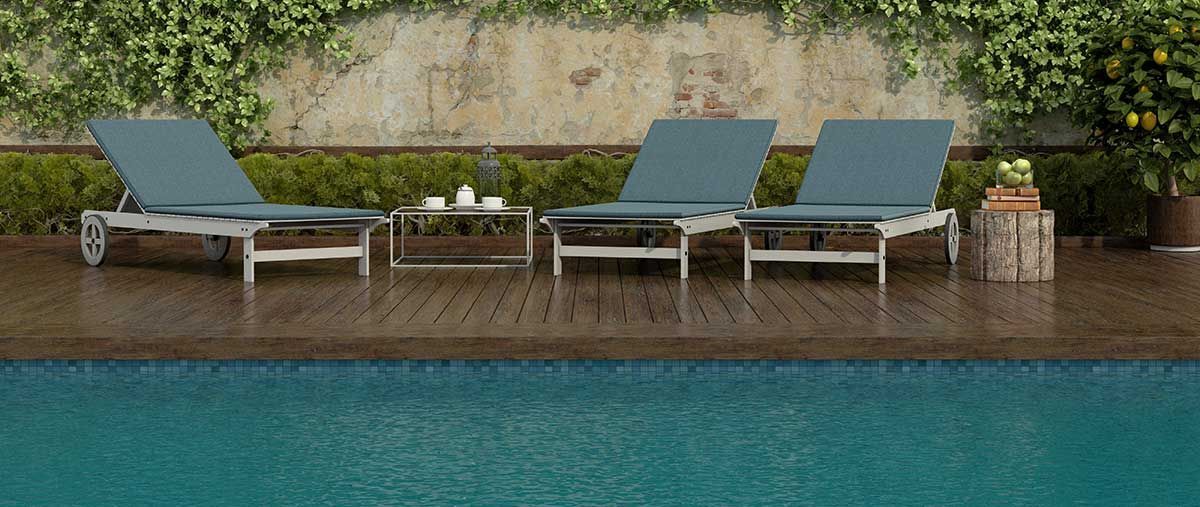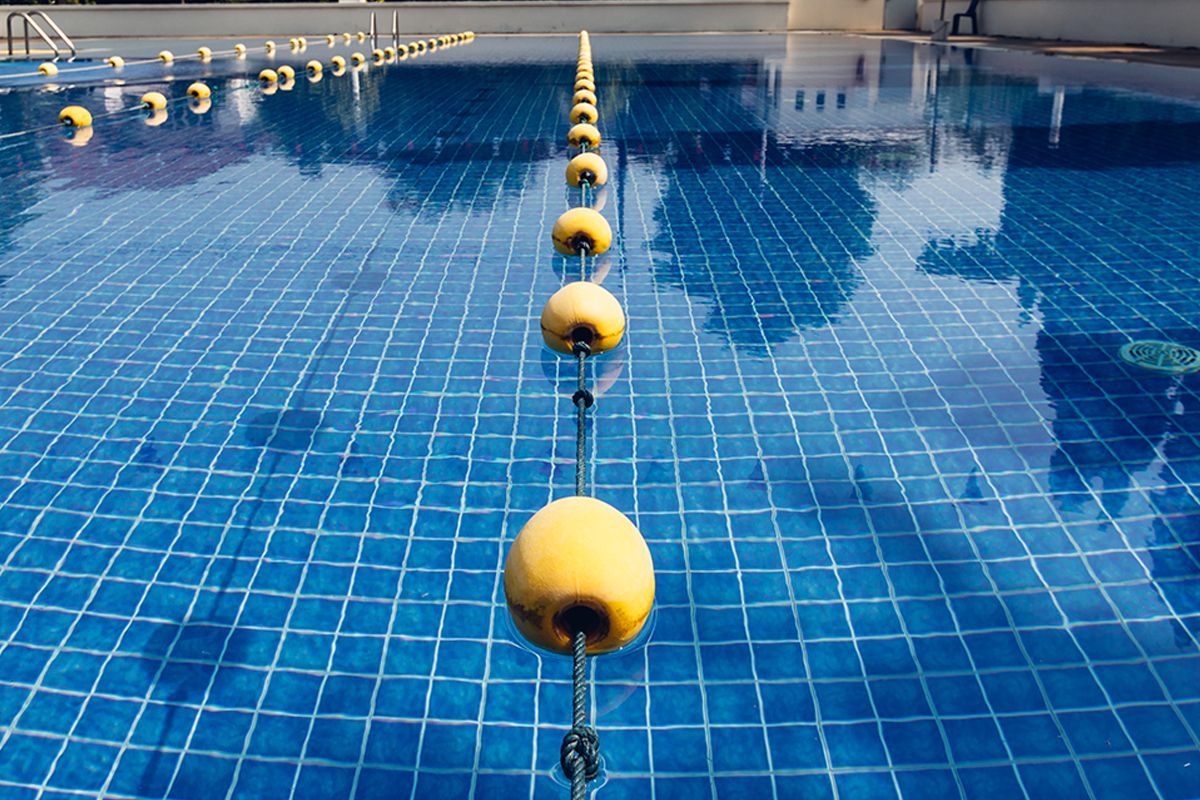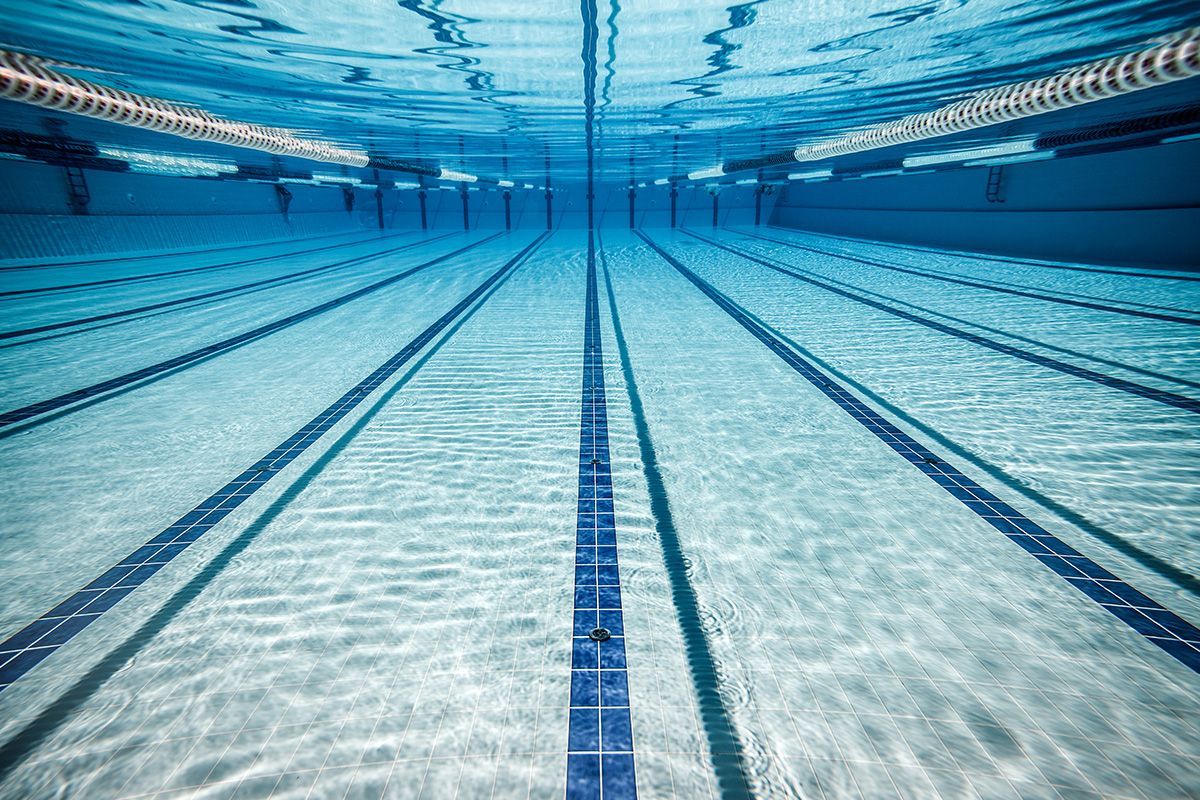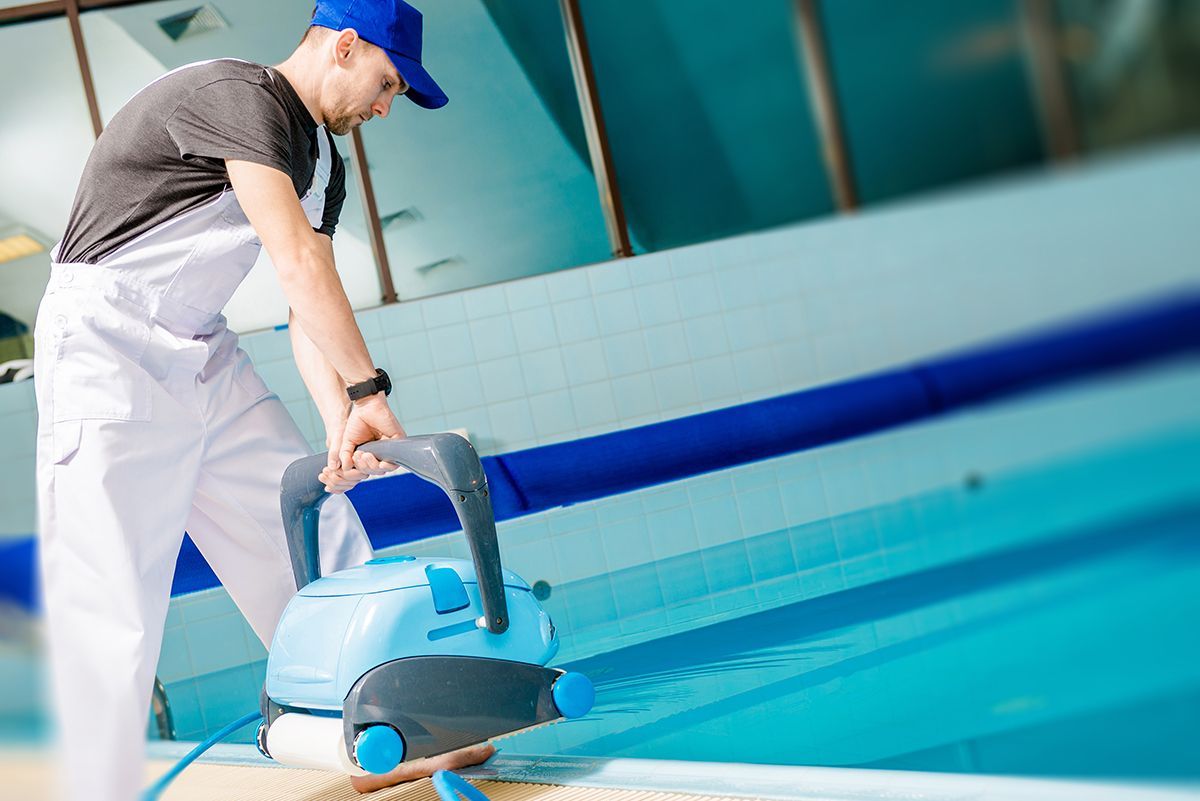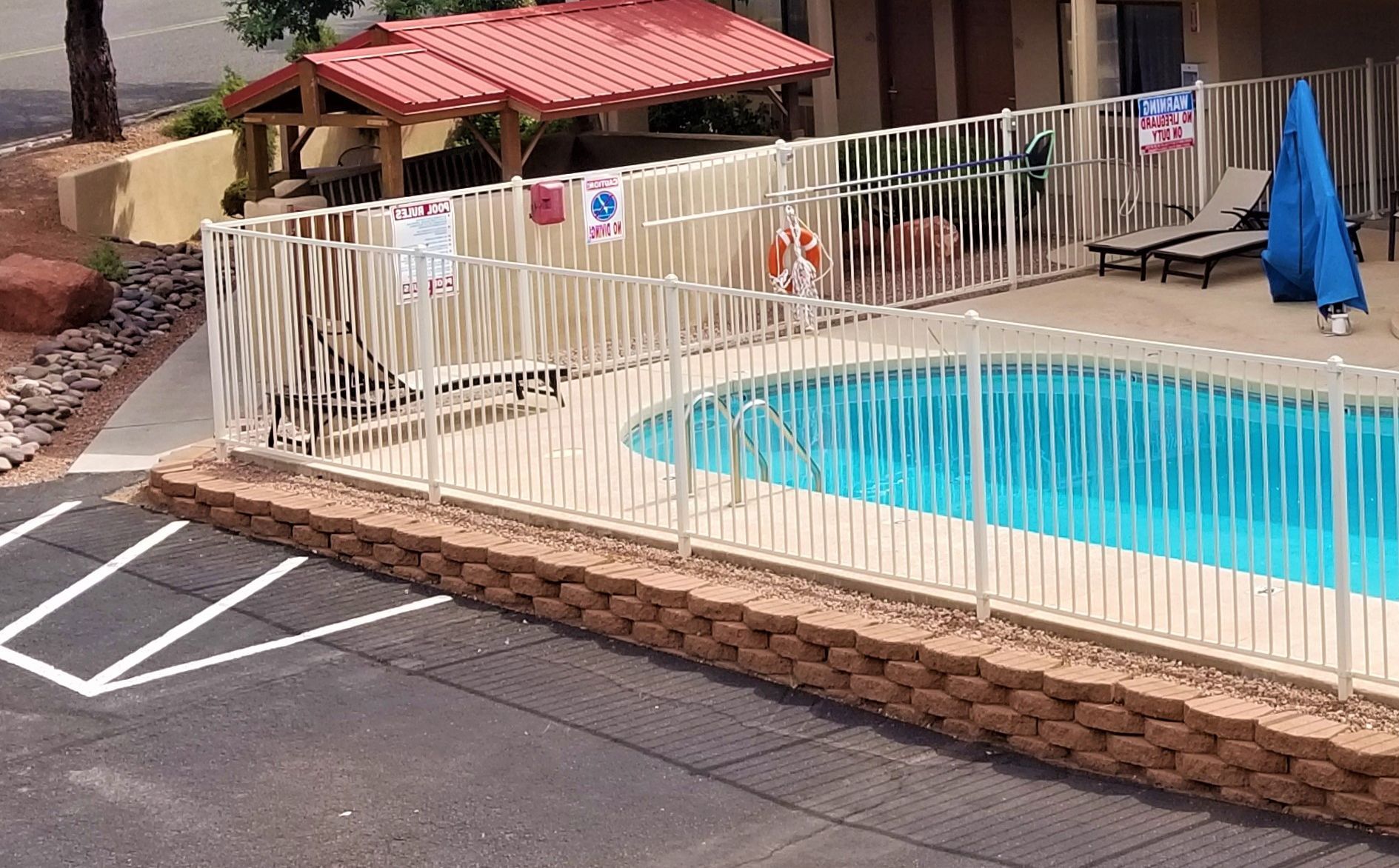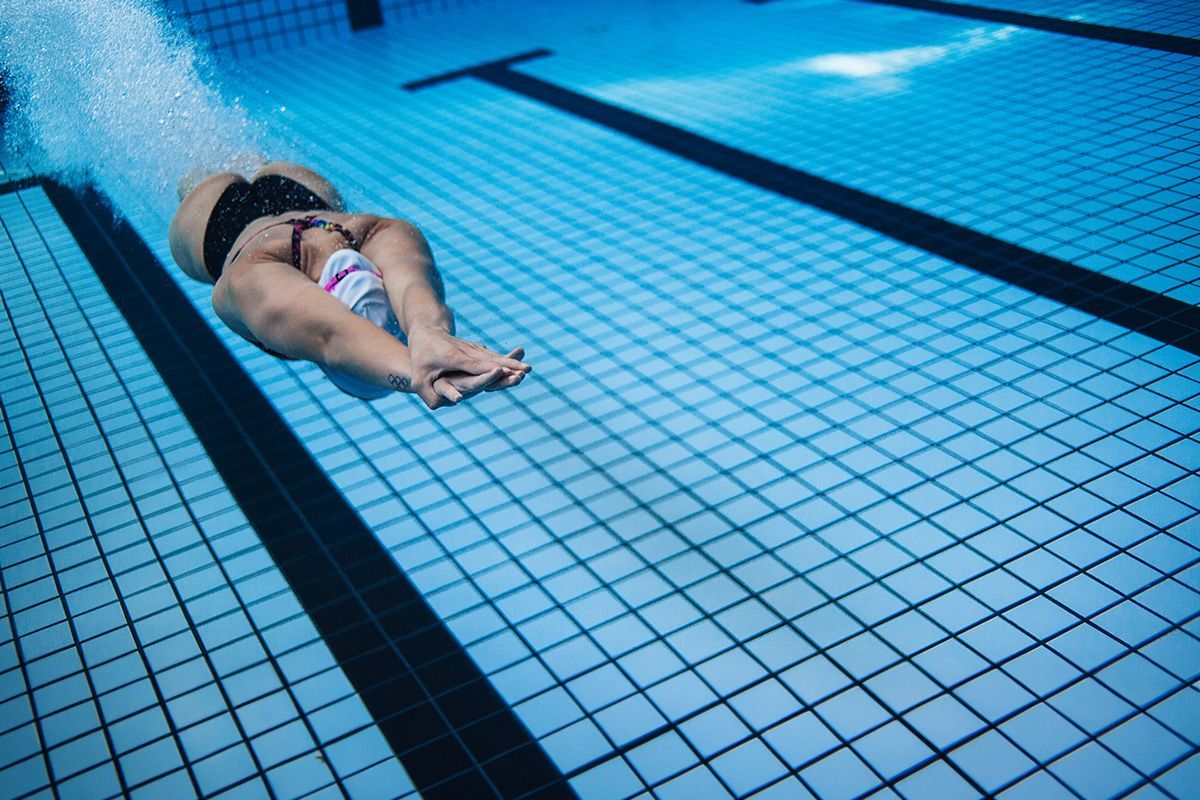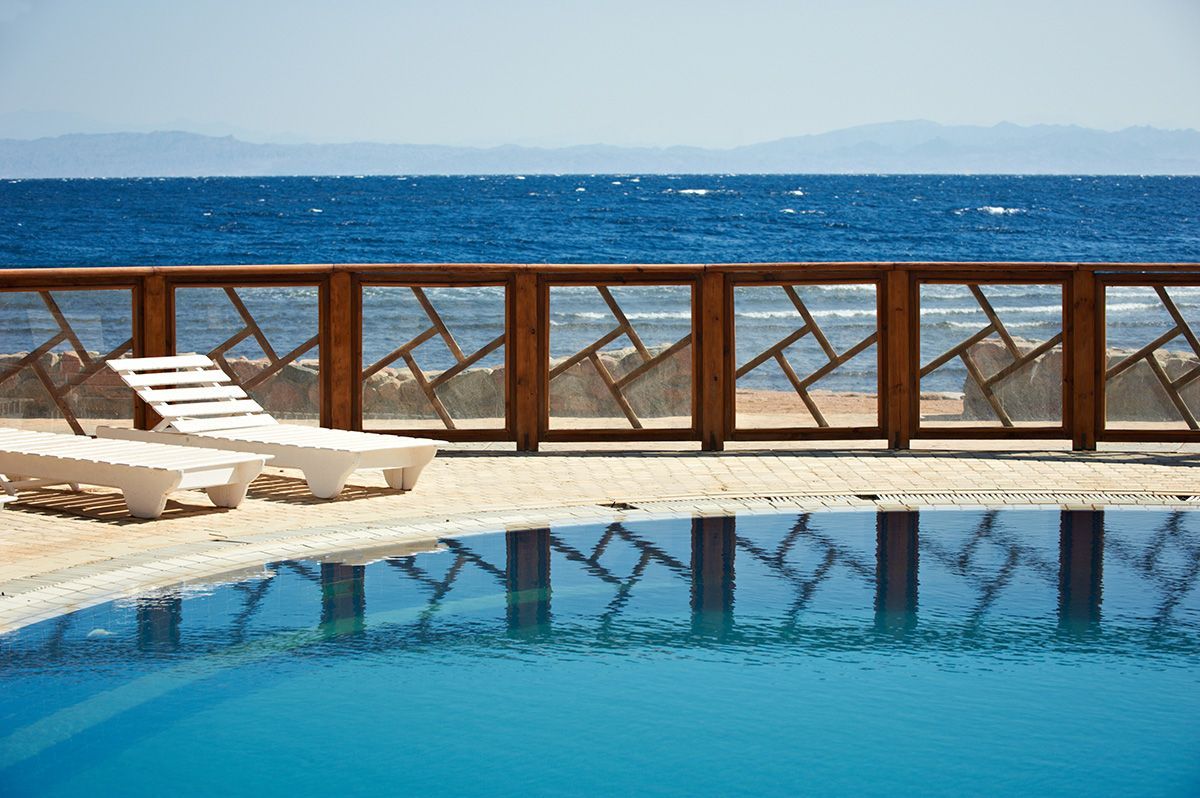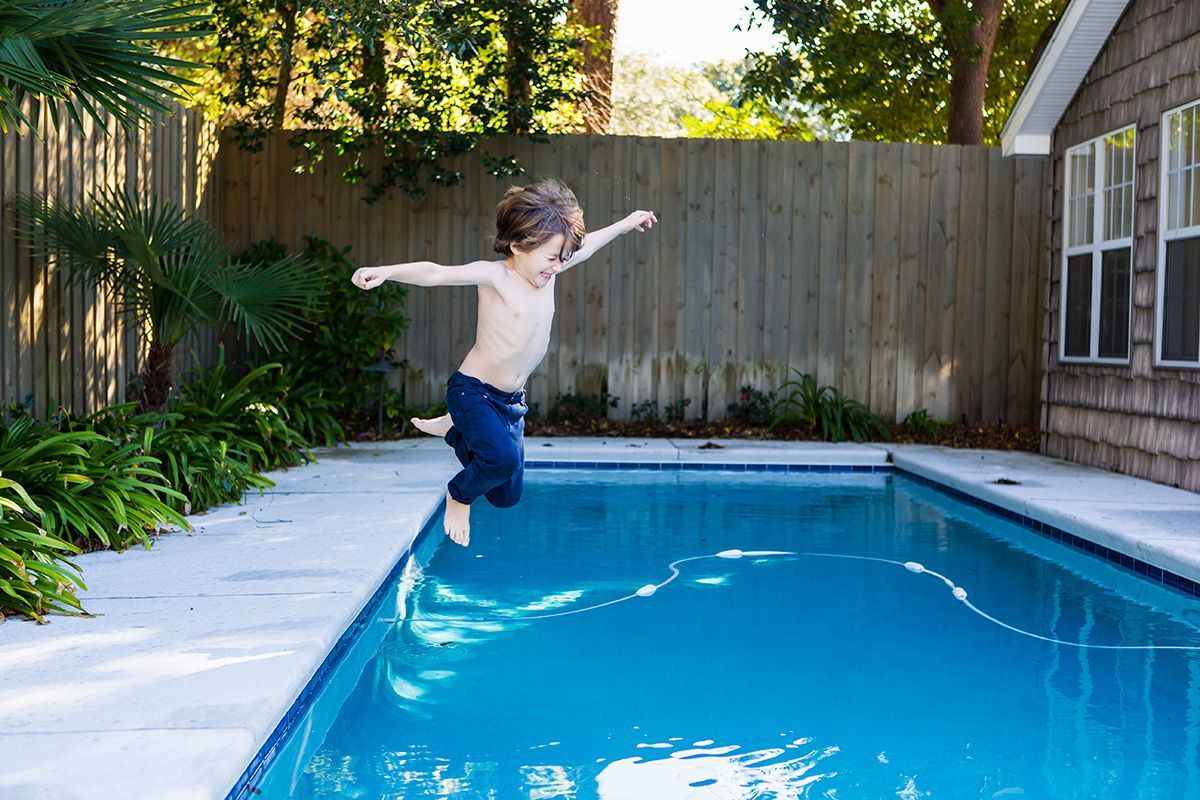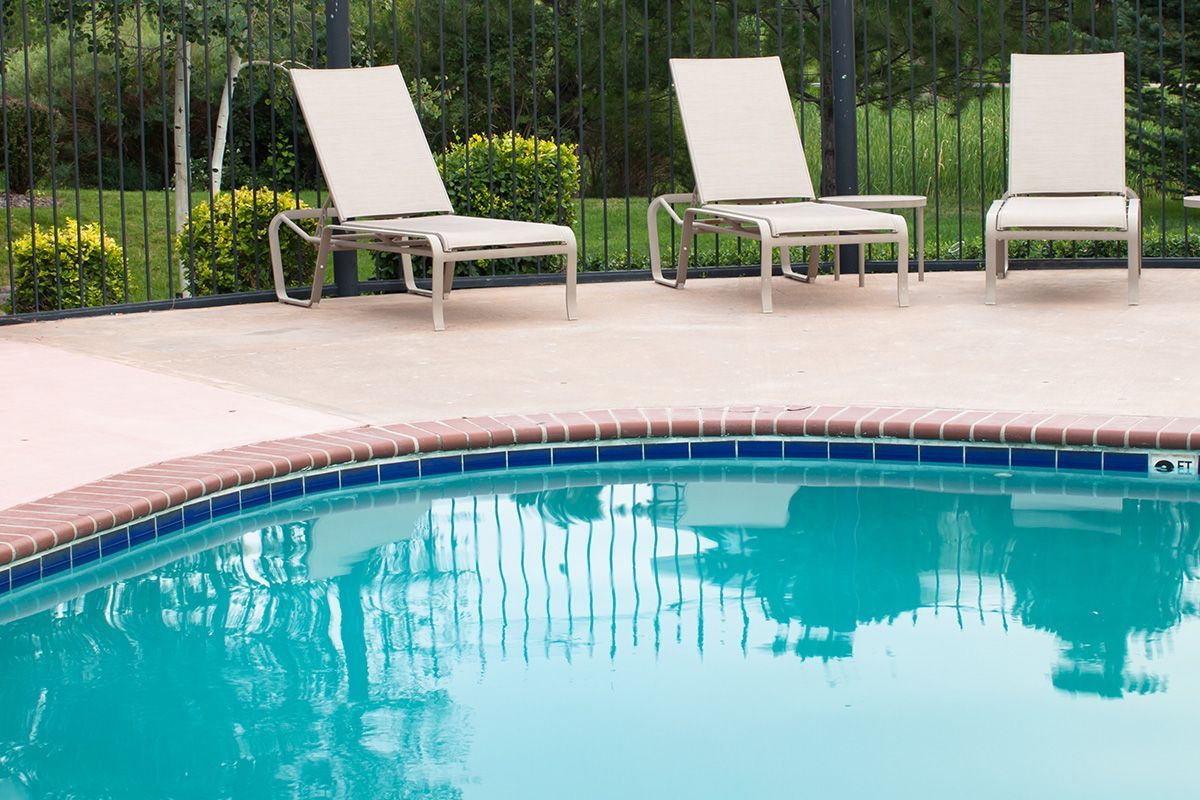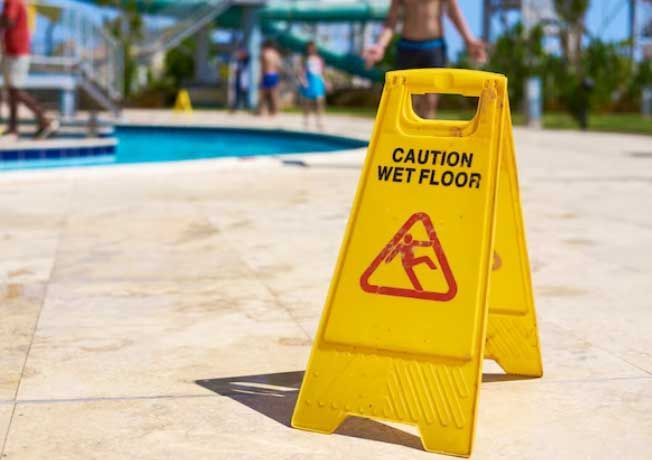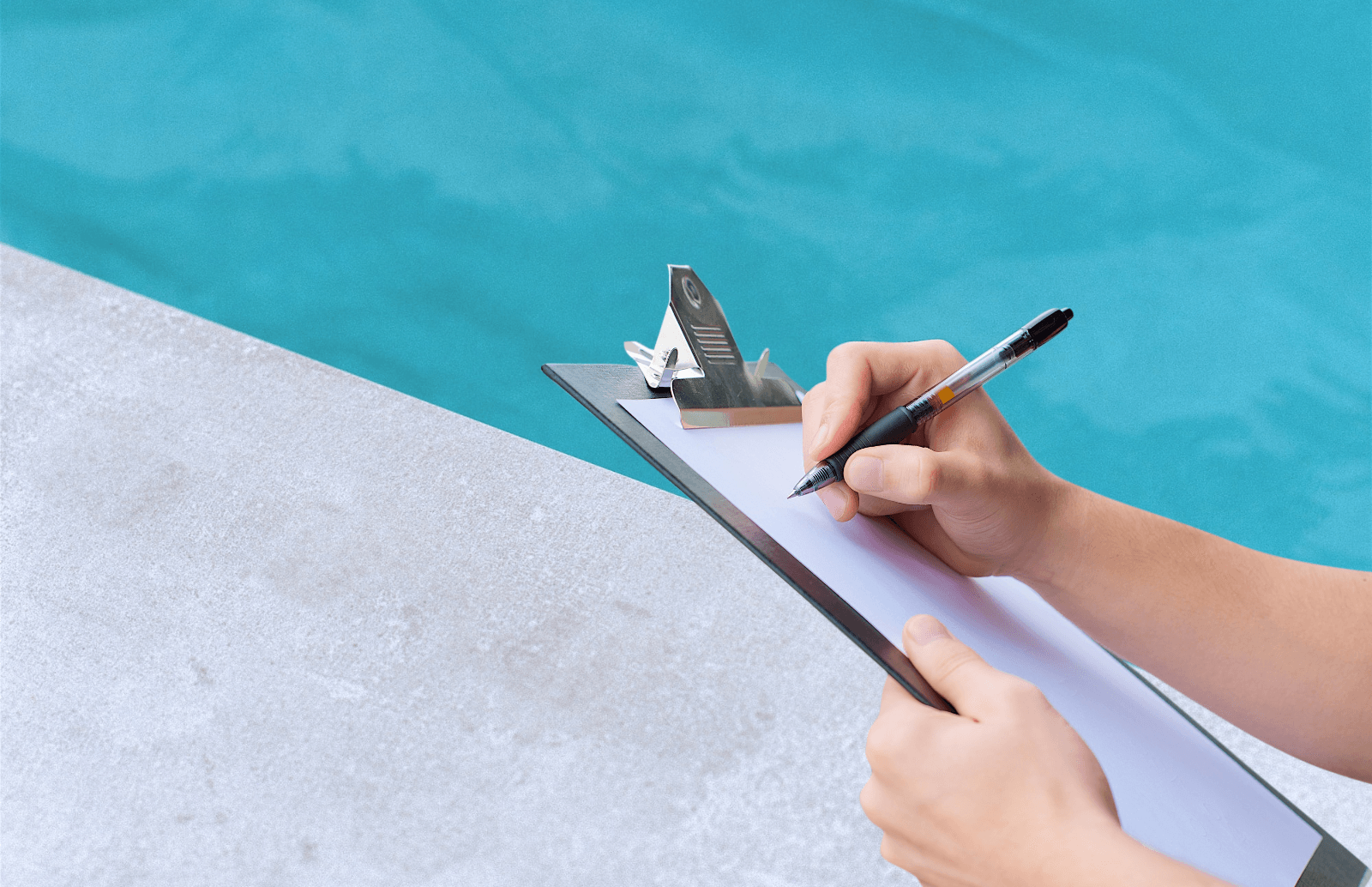Stylish, Safe, and Slip-Resistant: Exploring Pool Decking Materials
When it comes to creating a safe and visually appealing pool area, choosing the right decking material is crucial. The pool deck serves as the space where you and your loved ones gather, relax, and enjoy the poolside experience. It needs to be slip-resistant, durable, and resistant to the elements. In this comprehensive guide, we will explore various non-slip pool decking options that strike the perfect balance between safety and style. So, let's dive in!
Why Non-Slip Pool Decking Matters
The first and foremost consideration when selecting pool decking materials is safety. A slip-resistant surface is essential to prevent accidents and injuries, especially when the deck gets wet. Whether you're walking barefoot or in your favourite poolside sandals, a non-slip pool deck ensures a secure footing for everyone, including children and the elderly.
In addition to safety, pool decking should also be durable and resistant to the harsh pool chemicals and fluctuating temperatures. It should maintain its integrity and aesthetics for years to come, minimising the need for frequent repairs and replacements. Now, let's explore the top non-slip pool decking options available.
Types of Non-Slip Pool Decking Materials
Concrete: Versatile and Affordable
Concrete is a popular choice for pool decking due to its versatility, affordability, and slip-resistant properties. It offers a wide range of design options, allowing you to customise the look and feel of your pool deck. From plain broom-finished concrete to stamped patterns that mimic stone or brick, concrete can be tailored to suit your aesthetic preferences.
One of the advantages of concrete is its ability to be textured and finished to enhance slip resistance. Broomed or exposed aggregate finishes, textured overlays, or the addition of a clear plastic grit to the sealer can all improve traction without compromising the decorative appearance. Concrete also reflects solar radiation, making it more comfortable to walk on when compared to darker-coloured materials like brick or tile.
Maintenance is relatively easy with concrete pool decking. Occasional cleaning and resealing are all that's needed to keep it looking its best. However, it's important to note that concrete can develop cracks over time, especially if not properly installed. Control joints should be added to prevent unsightly random cracks. Additionally, proper compaction of the fill around the pool is essential to prevent settling.
Wood: Natural Beauty and Warmth
For those seeking a natural and warm aesthetic, wood decking is a great option. It adds a touch of elegance and blends seamlessly with outdoor surroundings. There are various wood options available, including pine, cedar, ipe, and teak. Teak, known for its durability and resistance to mould and mildew, is particularly suitable for pool decking.
Wood is relatively easy to work with, allowing for creative designs and customization. Multiple levels, built-in seating, and storage for pool toys and equipment are all possible with wood decking. However, it's important to note that wood requires regular maintenance, including cleaning, sanding, and sealing. Splinters can also be a concern, so it's crucial to use stainless steel or double-dipped hot galvanised fasteners to prevent corrosion.
Composite: Low Maintenance and Longevity
Composite decking offers a balance between the natural look of wood and the low maintenance requirements of modern materials. It is made from a blend of high-density polyethylene and wood particles, along with preservatives and binders. Composite decking is highly durable, resistant to rot, and does not require regular staining or sealing.
One of the advantages of composite decking is its wide range of colours and looks available. You can choose a composite deck that replicates the appearance of natural wood or opt for a more contemporary design. Deep texturing can be added to enhance slip resistance, making it a safe option for pool surrounds. However, composite decking can be more costly upfront compared to wood decking. It is important to consider the long-term benefits and minimal maintenance requirements when making your decision.
Synthetic: Maximum Durability and Low Maintenance
Synthetic pool decking, made from recycled plastic and PVC, offers maximum durability and low maintenance. It is resistant to insect pests, harsh weather conditions, and the damaging effects of pool chemicals. Synthetic decking typically features a protective shell that gives it a wood-like appearance while providing added durability.
In terms of maintenance, synthetic decks require minimal effort. Occasional soap-and-water cleaning is all that's needed to keep them looking like new for decades. They also offer a wide range of colours and looks to suit your design preferences. However, synthetic decking tends to be more expensive than other materials. The initial cost is offset by the longevity and minimal maintenance requirements, making it a worthwhile investment.
Pavers: Classic Elegance and Easy Replacement
Pavers, available in concrete or stone materials, offer a classic and timeless look for pool decking. Concrete pavers come in various sizes, shapes, and colours, allowing for endless design possibilities. They can resemble cobblestones, granite, tile, or bricks, adding a touch of elegance to your pool area.
One of the advantages of pavers is their slip resistance. The material allows water to soak into the surface and drain down through the seams, reducing the risk of slips and falls. Pavers are also easy to replace if one gets damaged, minimising maintenance efforts. However, proper ground preparation and installation are crucial to ensure a level surface and prevent shifting. Pavers can fade over time and may require occasional pressure washing to maintain their appearance.
Stone: Rustic Charm and Durability
If you're looking for a pool deck with rustic charm and exceptional durability, stone is an excellent choice. With a wide variety of options available, including limestone and sandstone, you can create a natural and visually stunning pool surround. Stone is known for its ability to withstand extreme weather conditions, provide slip resistance, and require minimal maintenance.
Limestone, a popular stone choice, is hardy and can retain its beauty for years. It remains cool to the touch, making it comfortable even on hot summer days. Sandstone, sourced from regions like Rajasthan, is smooth textured, durable, and resistant to weather fluctuations. Both limestone and sandstone can be customised to suit your design preferences and create a distinctive pool deck.
Tiles: Sophistication and Customization
Tiles, especially unglazed ceramic tiles, exude sophistication and allow for endless customization options. They come in a variety of colours, sizes, and patterns, allowing you to create a unique pool deck design. Terracotta tiles, readily available in India, are an excellent choice due to their resistance to hot and cold temperatures.
Tile pool decking is aesthetically pleasing and can be installed in various colours and patterns, including decorative motifs. However, it's important to choose tiles that provide good traction to ensure slip resistance. Professional installation is recommended for proper tile placement and to prevent grout-related issues. Regular maintenance is required to keep the grout clean and in good condition.
Bricks: Timeless Appeal and Endurance
Brick pool decking offers a timeless appeal and enduring beauty. With a wide range of colors and sizes available, you can create borders or patterns that are truly one-of-a-kind. Clay paving bricks are naturally slip-resistant and can conform to sloped or concave shapes with ease.
One of the advantages of brick is its colorfastness. The natural materials and high-temperature firing process ensure that the colour remains intact over time. Brick is also relatively low in absorbency, making it easy to clean and resistant to dirt and stains. However, moss and algae can be a concern, requiring regular maintenance to keep the surface safe and clean.
Pre Pool Compliance Inspection: Ensuring Safety and Peace of Mind
When it comes to non-slip pool decking options, there are several materials to consider, each with its own unique advantages and considerations. Concrete, wood, composite, synthetic, pavers, stone, tiles, and bricks all offer a combination of safety, durability, and aesthetics. By selecting the right decking material for your pool, you can create a beautiful and safe outdoor space for years of poolside enjoyment.
Prioritising a pre-pool compliance inspection, such as the services offered by Pool Safety Check, ensures that your pool area meets all safety requirements. With their expertise and attention to detail, you can confidently relax and enjoy your pool, knowing that safety is a top priority.
Remember, when it comes to pool decking, safety should never be compromised. Choose a non-slip material that suits your style, maintenance preferences, and budget. With the right pool decking, you can create an inviting and safe oasis that enhances your poolside experience. So, dive in and make a splash with your perfect non-slip pool deck!

